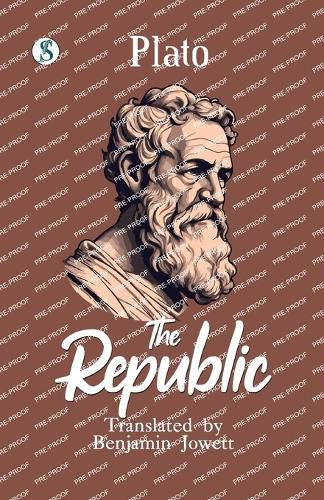Readings Newsletter
Become a Readings Member to make your shopping experience even easier.
Sign in or sign up for free!
You’re not far away from qualifying for FREE standard shipping within Australia
You’ve qualified for FREE standard shipping within Australia
The cart is loading…






The Republic is a Socratic dialogue, authored by Plato around 375 BC, concerning the order and character of the just city- state, and the just man. It is Plato's best-known work, and has proven to be one of the world's most influential works of philosophy and political theory, hoth intellectually and historically, In the dialogue, Socrates talks with various Athenians and Foreigners about the meaning of justice and whether the just man is happier than the unjust man. They consider the natures of existing regirnes and then propose a scrics of different, hypothetical cities in comparison, culminating in Kallipolis, a utopian city-state ruled by a philosopher-king They also discuss the theory of forms, the immortality of the soul, and the role of the philosopher and of poetry in society. The dialogue's setting seems to be during the Peloponnesian War
$9.00 standard shipping within Australia
FREE standard shipping within Australia for orders over $100.00
Express & International shipping calculated at checkout
The Republic is a Socratic dialogue, authored by Plato around 375 BC, concerning the order and character of the just city- state, and the just man. It is Plato's best-known work, and has proven to be one of the world's most influential works of philosophy and political theory, hoth intellectually and historically, In the dialogue, Socrates talks with various Athenians and Foreigners about the meaning of justice and whether the just man is happier than the unjust man. They consider the natures of existing regirnes and then propose a scrics of different, hypothetical cities in comparison, culminating in Kallipolis, a utopian city-state ruled by a philosopher-king They also discuss the theory of forms, the immortality of the soul, and the role of the philosopher and of poetry in society. The dialogue's setting seems to be during the Peloponnesian War